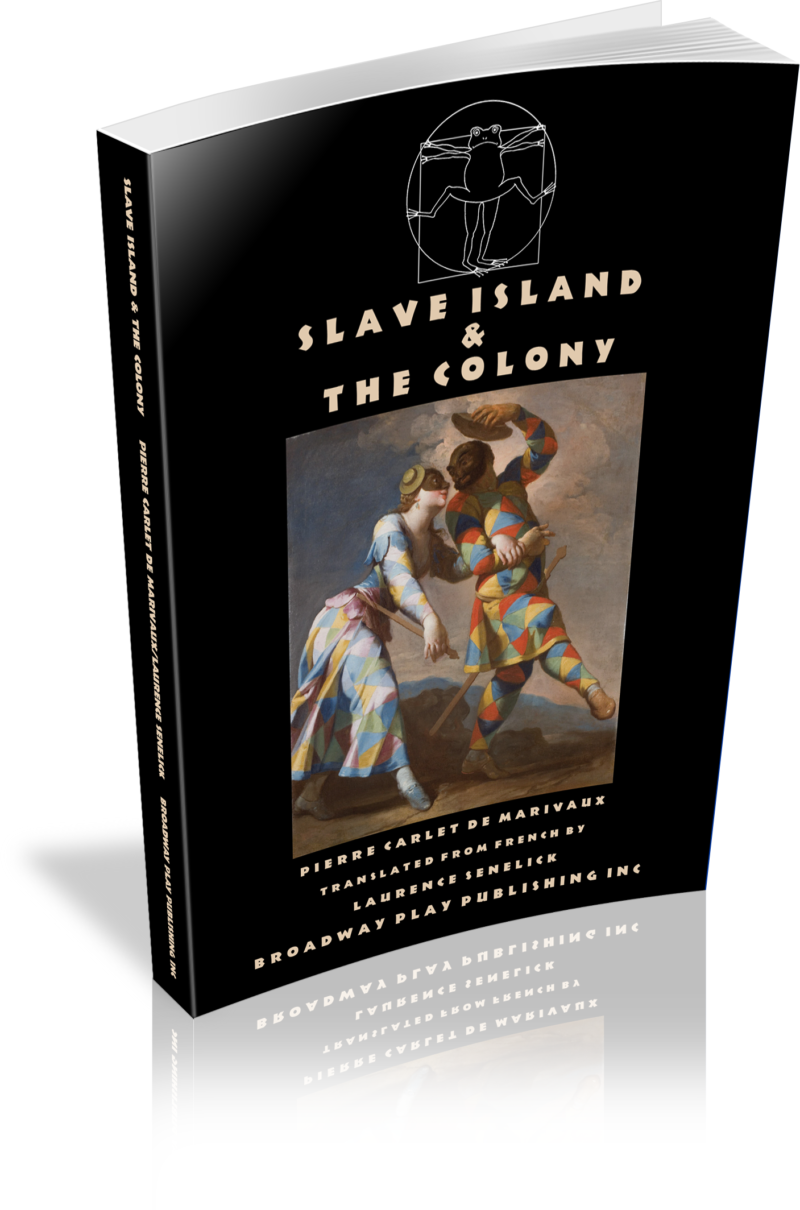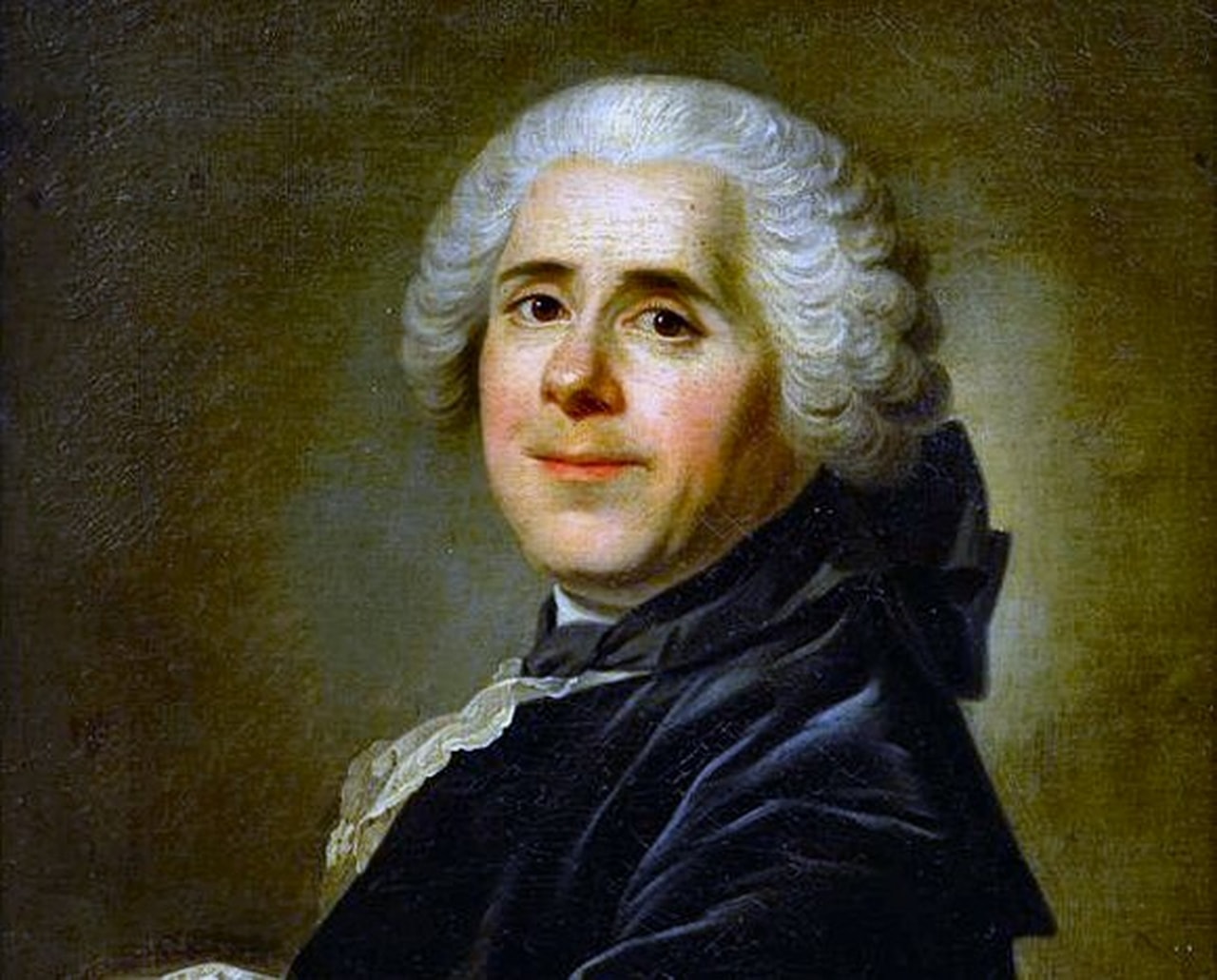Press Quotes
“The servants, male and female, in Marivaux are distinctly different from those in earlier comedies. The traditional valets are rogues and ruffians. Marivaux’s are better behaved and more closely resemble their masters, whom they may play on occasion without too much improbability. In SLAVE ISLAND, this becomes a theory of philanthropy, with a reversal of classes, the masters turned servants and vice versa. After a few insolent and vexatious reprisals, good nature soon takes over. Masters and servants are reconciled and embrace. This is the Saturnalia of the Golden Age. This little play of Marivaux is almost a precocious revolutionary pastoral for 1792.” —Charles Sainte-Beuve, 1854
“[In SLAVE ISLAND] If social codes are turned inside-out, will the slave take revenge on the master and will the master know how to obey? Moving from intrigues to false pretenses and ludicrous rebounds, behind Marivaux’s light touch, this political comedy throws a revealing light on society and humanity.” —La Nouvelle République
“SLAVE ISLAND is a hymn to, a celebration of theatre, the comedians casting themselves in starring roles, while the romantic leads sit watching them. The criss-crossing commands and demands for friendship and love make up the action. This is the land of kiss-and-make-up where goodness and virtue are the qualities most prized, where forgiveness has the upper hand and the bottom line is a hug. A happy ending is appropriate to comedy and the characters evolve without a trace of rancor or resentment. Even today this play is an opportunity for reflection on the just use of power, a lesson in humanity and fraternity, but it also offers the educated mass audience a way to reflect on how domination, censorship and humor are related, not a negligible consideration in the wake of the Charlie Hebdo massacre and the subsequent shoot-outs of both police and assassins.” —Sylvie Fernando
“But what is especially interesting in THE COLONY is that the question of equality between men and women is not summed up in a series of disputes about principle, legitimate, yes, but ultimately trite. Marivaux uses this as a point of departure to lead to a truly original political observation: the proven imperfection of all our current societies resulted from sidelining women at the moment of the societies were conceived. Since the human race is duplex, how can we hope to find a viable political regime if it was conceived only by and for one of the two components?” —Guillaume Grandjean


